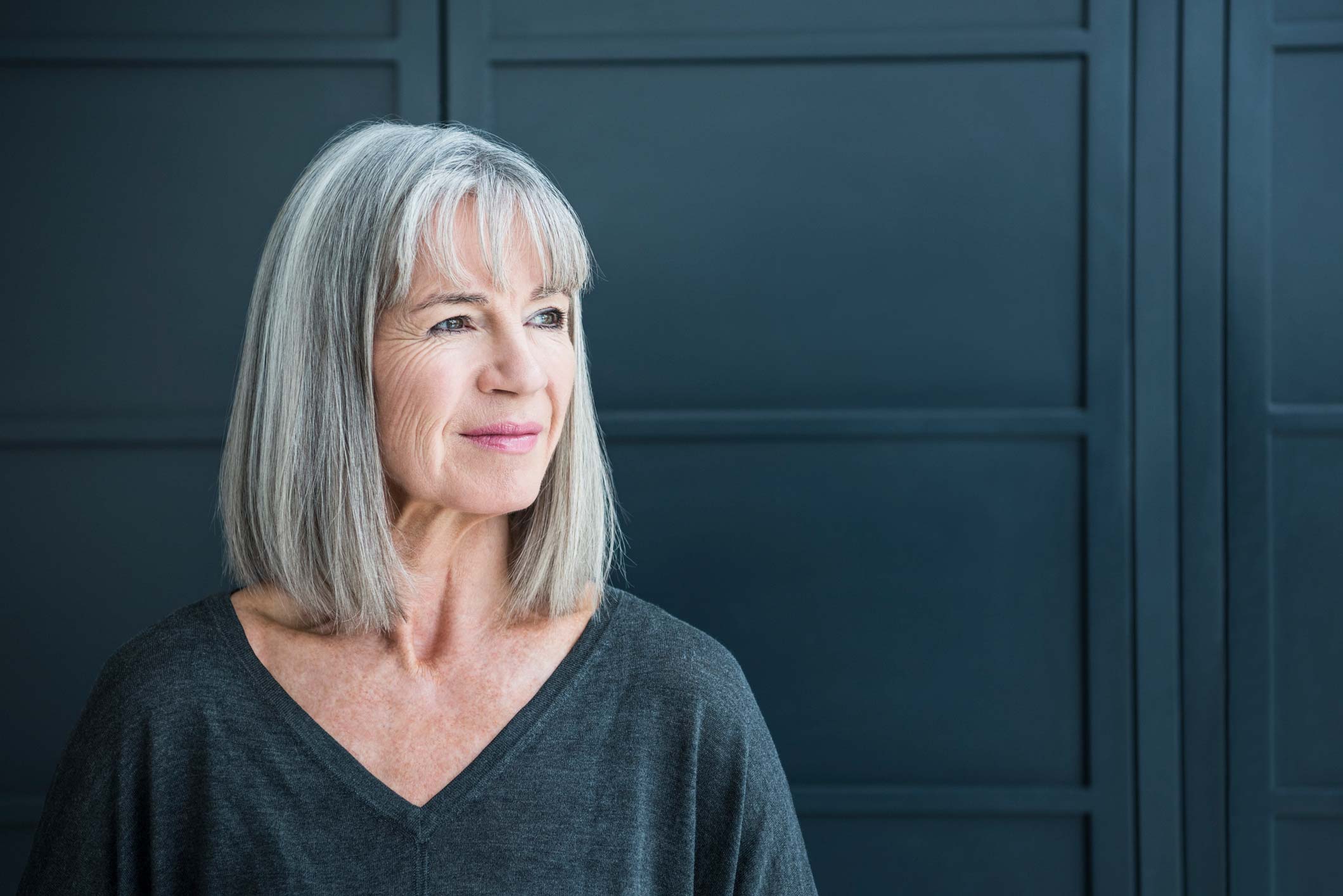Life expectancy is increasing and with it the hope of healthy ageing. A high quality of life into old age is the goal of all of us. However, various functions of the body decrease with increasing age. In addition, the aging process can be faster or slower, depending on lifestyle. The needs of the body change over time and so its nutrient supply must also be adapted. Healthy nutrition and exercise play a very important role in this.
The immune system is particularly affected by the aging process. Spleen and thymus gland are responsible for our immune defence, but their function decreases with age and so the immune defence is slowed down. Especially now it is important to support the immune system, so a good supply of nutrients is essential. However, as we grow older, our appetite decreases as our sense of smell and taste diminishes. By reducing the intake of food, one risks a suboptimal supply of important minerals, vitamins and trace elements. According to a European study, older people in particular are at risk of suffering from a micronutrient deficiency due to unbalanced nutrition, drug intake, polymorbidity and absorption disorders.
A healthy diet should be the basis for an optimal supply of nutrients. However, certain eating habits, such as the consumption of industrially processed foods and the consumption of ” gourmet foods” that are harmful to health, make this more difficult. In addition, the need for important nutrients increases with age, so it is usually necessary to cover the nutrient requirements with supplements.
Especially now it is important to support the immune system, so a good supply of nutrients is essential
Especially important vitamins & nutrients in old age
Protein
An optimal protein supply is not only very important for muscle and bone mass, but also for the immune system.
Foods that contain protein: Cereals, legumes, fish, eggs, meat and dairy products.
Vitamin D
Vitamin D is important for our bones and teeth. By exposing our body to sunlight, it can produce vitamin D. Many elderly people suffer from a vitamin D deficiency because they are mainly indoors. In general, vitamin D synthesis is slightly more difficult in Northern and Central Europe. The sun is too low in winter and so our body, no matter how old we are, is usually unable to produce enough vitamin D. Without supplementation it is very difficult to get enough vitamin D.
Foods that contain vitamin D: fatty fish, such as herring and mackerel, liver, egg yolk and margarine
In addition, the need for important nutrients increases with age and so it is usually necessary to cover the nutrient requirements with supplements
Calcium
Calcium, like vitamin D, is important for bone structure and dental health. In addition, the muscles, the transmission of stimuli in the nervous tissue and blood clotting are dependent on an optimal supply of calcium.
Foods that contain calcium: Kale, fennel, broccoli, various mineral waters, milk and dairy products.
Folic acid
Folic acid deficiency can promote ateriosclerosis, also known as atherosclerosis, a pathological storage of fats and cholesterol esters in the inner wall layer of arterial blood vessels.
Foods containing folic acid: Potatoes, whole grains, spinach, lettuce, fennel, cabbage and cucumber. Folates are sensitive to heat and can be lost during cooking, so salads should be eaten raw.
Iodine
Iodine deficiency is actually not a typical sign of aging, yet many older people suffer from an insufficient iodine balance. This is due to the earlier years of iodine deficiency in Northern and Central Europe, which was counteracted, for example, by iodised table salt.
Foods containing iodine: iodised salt, freshwater fish and iodised food.
B vitamins
Vitamin B1, B2, B6 and B12 are important for cognitive functions and the nervous system. They support the energy metabolism and stimulate the grey cells. The supply of vitamin B12 is rather difficult as we get older, because age-related changes in the gastrointestinal tract make it difficult for the body to absorb the vitamin. Additional supplementation is therefore recommended.
Foods containing vitamin B12: animal products such as meat, liver, fish, eggs, dairy products
Coenzyme Q10
In younger years the body still produces enough coenzyme Q10 itself. However, this function decreases as we get older. Supplementation is therefore also recommended. Coenzyme Q10 is important for the cells, the energy metabolism, the immune system and has an antioxidant effect.
Foods containing coenzyme Q10: Wheat germ, soybeans, walnuts, almonds, meat and certain fish like mackerel and sardine
Coenzyme Q10 is important for the cells, energy metabolism, the immune system and has an antioxidant effect
Vitamin A and carotenoids
Vitamin A and carotenoids are particularly relevant for people who wear glasses. They contribute to the maintenance of vision. Foods containing vitamin A and carotenoids, such as lutein, beta-carotene and zeaxanthin: Green vegetables and egg yolks.
Choline
Choline is responsible for a normal fat metabolism and supports the functions of the liver.
Foods containing choline: Soybeans, eggs, beef liver
Physical activity in old age
However, not only nutrition, but also physical exercise plays an important role in old age. Sufficient exercise in old age is the key to healthy bones and joints. Regular exercise can counteract diseases such as osteoporosis, dementia, arthritis and high blood pressure. Cycling and walking should definitely be integrated into everyday life. Already 2.5 hours of sport per week are enough to bring a positive health effect. Ideally, the sports/exercises should be easy on the joints. These include cycling, swimming, Nordic walking, yoga, aqua gymnastics or Pilates, etc. Already 10 minutes a day on the exercise bike are beneficial to your health and contribute to your general well-being.



